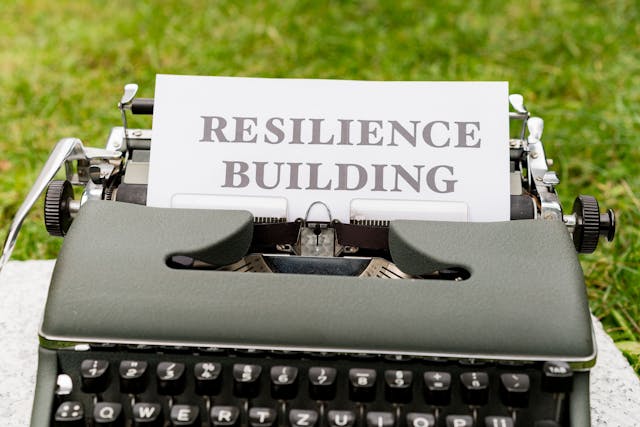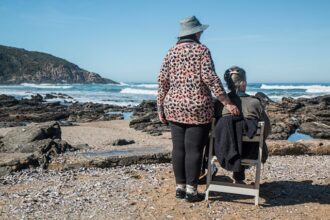As individuals age, the interconnections between various facets of their functional capacity tend to strengthen, potentially signalling a diminished resilience of the system. Research conducted by the Faculty of Sport and Health Sciences at the University of Jyväskylä in Finland highlighted this phenomenon. The study posited that an increased interdependency among functional capacity domains could precipitate a cascade of impairments following a single disruption, emphasising the necessity of a holistic approach to maintaining physical and mental health.
Envisioning human functional capacity as an ecosystem composed of mobility, sensory perception, cognitive abilities, and mental health, the study underscores the system’s resilience in weathering and rebounding from adversities as one age.
Employing network analysis on a population scale, the investigation revealed that older individuals and those in poorer health exhibited tighter linkages between functional capacity domains, mirroring the resilience observed in other systems, such as ecological or economic frameworks.
Kaisa Koivunen, a postdoctoral researcher, drew parallels between the vulnerabilities of highly interconnected economies and the human functional system. While interconnectivity between body and mind is crucial, an overly dependent system could trigger a domino effect, where a fault in one domain precipitates a systemic collapse, a scenario that should raise concerns among healthcare professionals and policymakers.
A resilient functional capacity ecosystem maintains, for instance, a surplus of muscle strength to prevent a chain reaction of decline—where a temporary loss, such as during a period of bed rest, does not spiral into broader incapacitation or mental health issues. This system’s diversity enables behavioural adaptations, ensuring vital activities remain achievable.
Professor Taina Rantanen, the Principal Investigator of the AGNES study, highlighted the human capacity for adaptation through the utilisation of reserve capacities to offset deficiencies. She illustrated how individuals with reduced mobility might still navigate their environments with alternative strategies, like driving, provided other functional capacities remain intact. However, as these compensatory mechanisms wane, so does overall resilience.
The study paves the way for applying cross-disciplinary resilience frameworks to health and functional capacity domains. It introduces the concept of critical transitions—sudden declines in health and functionality triggered by disturbances surpassing the body’s coping threshold. While such transitions have been extensively studied in ecological systems, their application to human health and functionality is less explored.
Koivunen suggests that future research could potentially identify impending critical transitions between functional capability and impairment by analysing the density of the body’s system network. This promising avenue of research could significantly advance our understanding of aging and functional capacity, instilling hope for a continued high quality of life in aging populations.
More information: Kaisa Koivunen et al, Investigating resilience through intrinsic capacity networks in older adults, The Journals of Gerontology Series A. DOI: 10.1093/gerona/glae048
Journal information: The Journals of Gerontology Series A Provided by University of Jyväskylä








